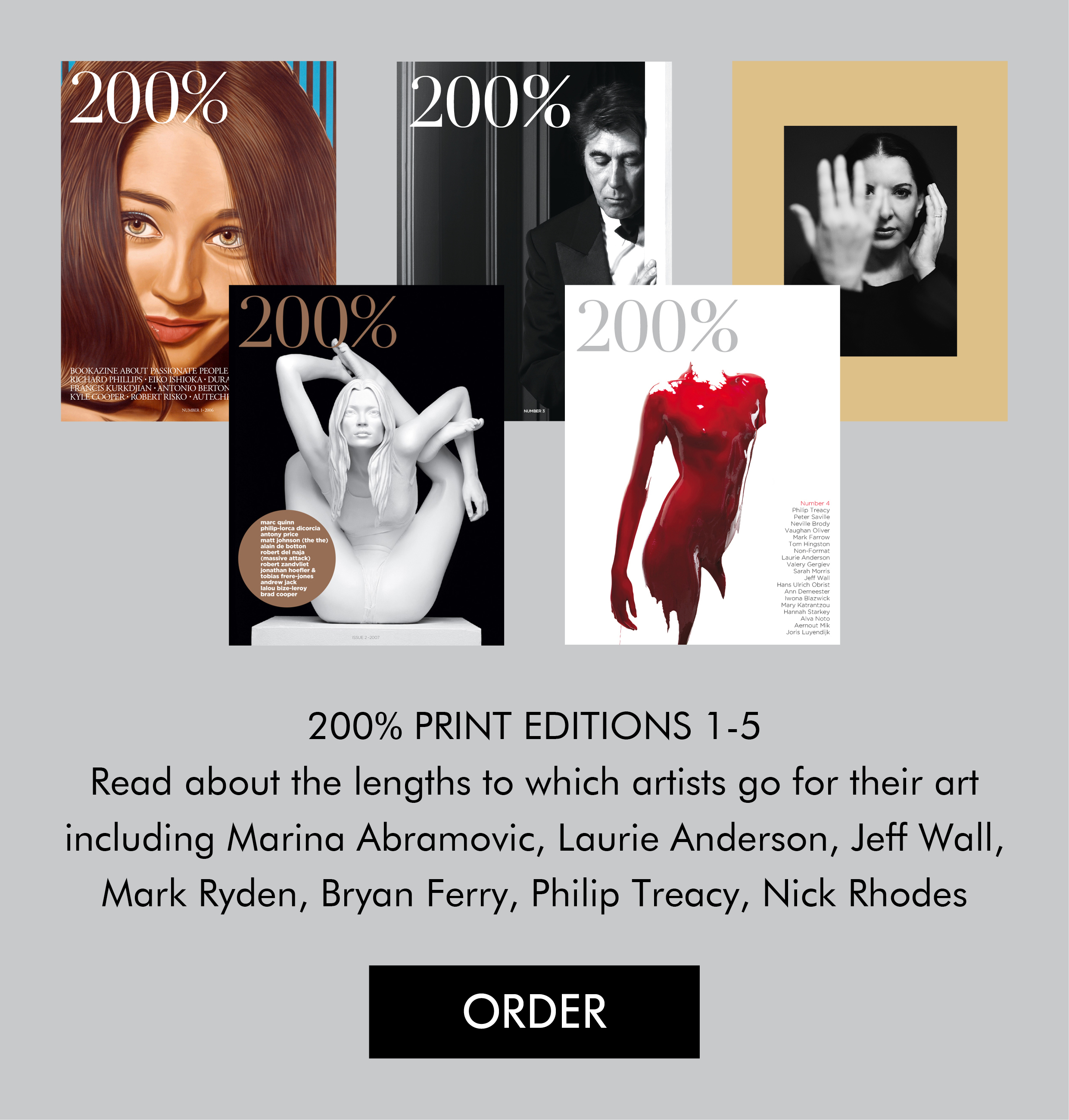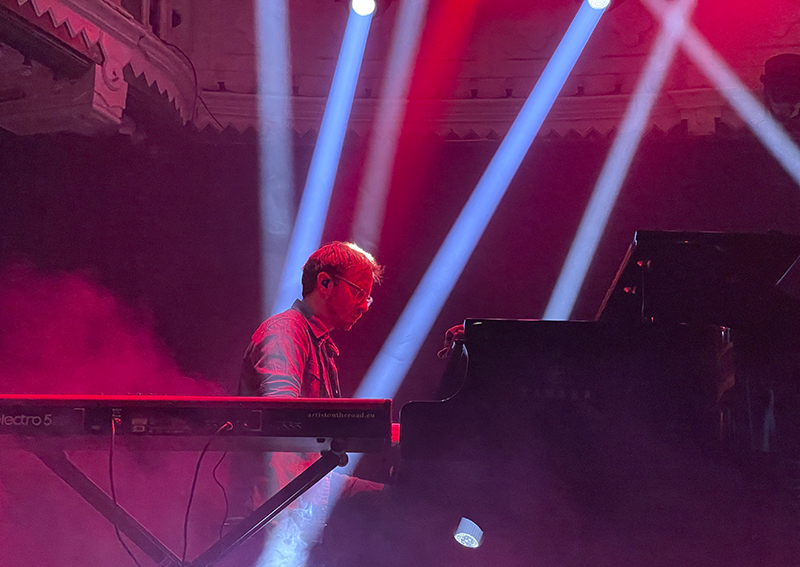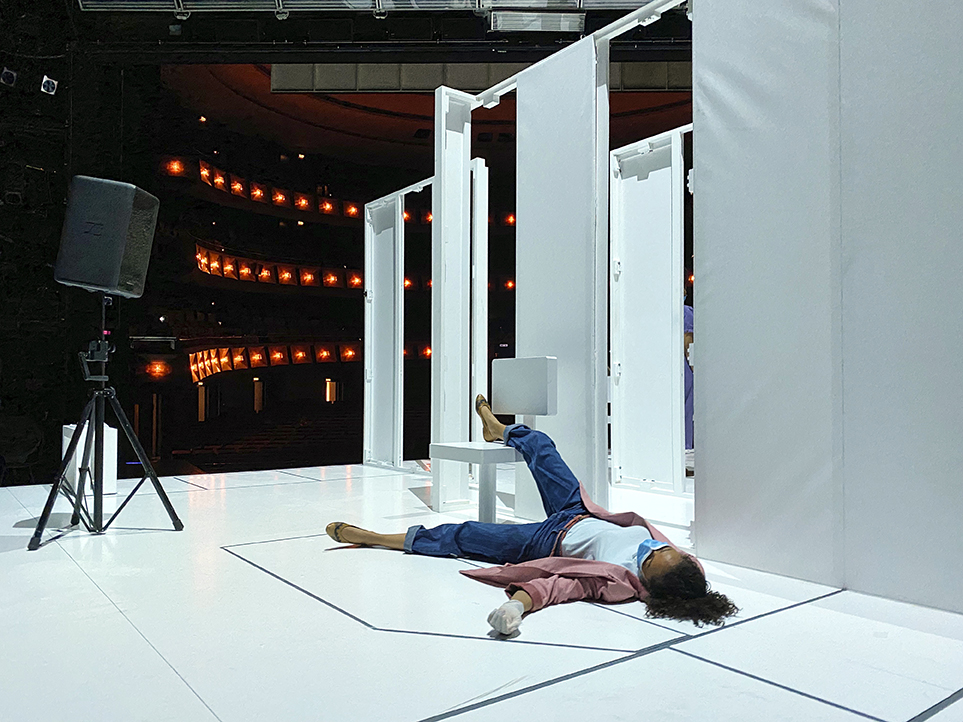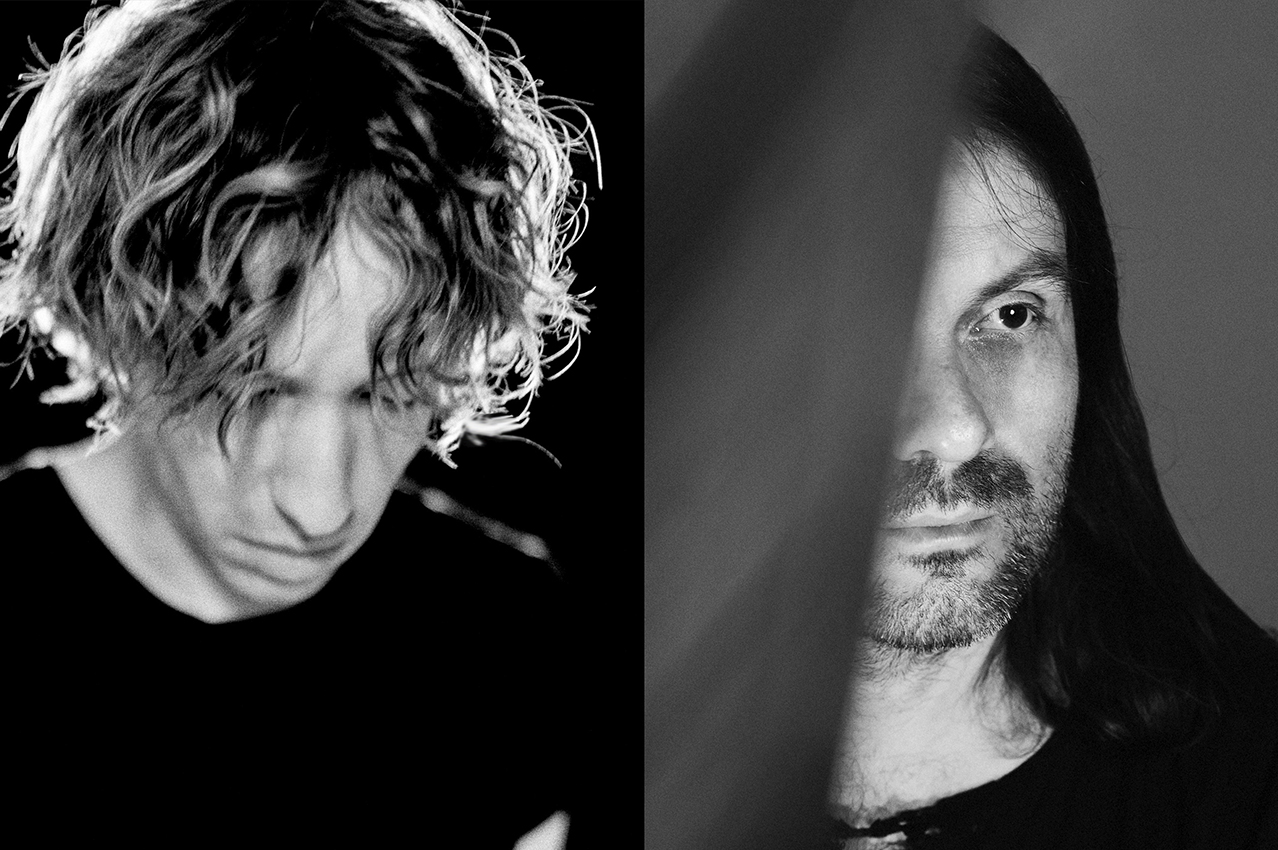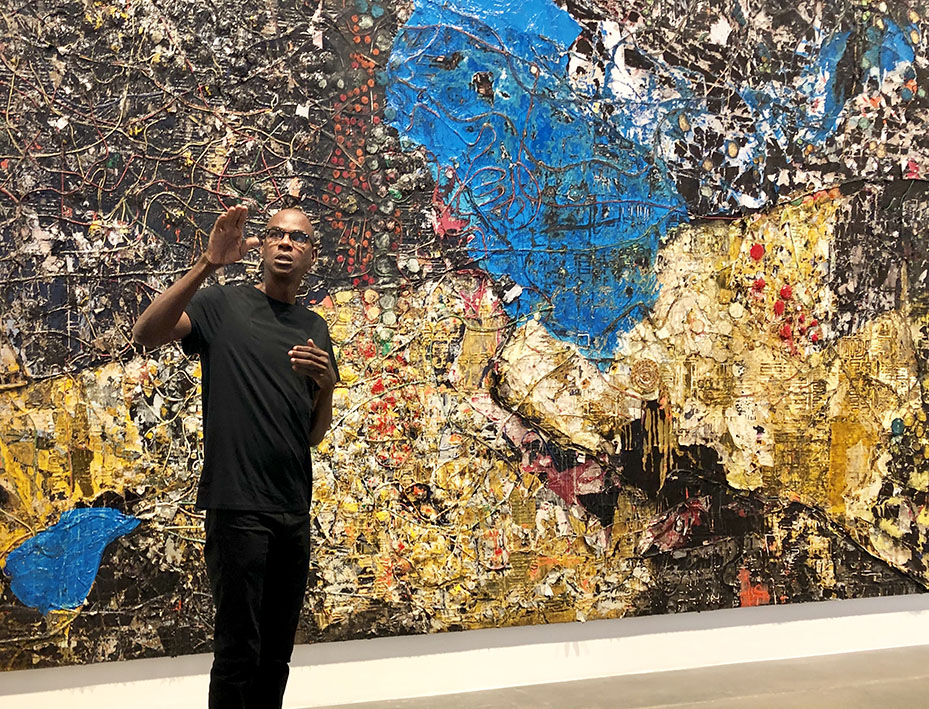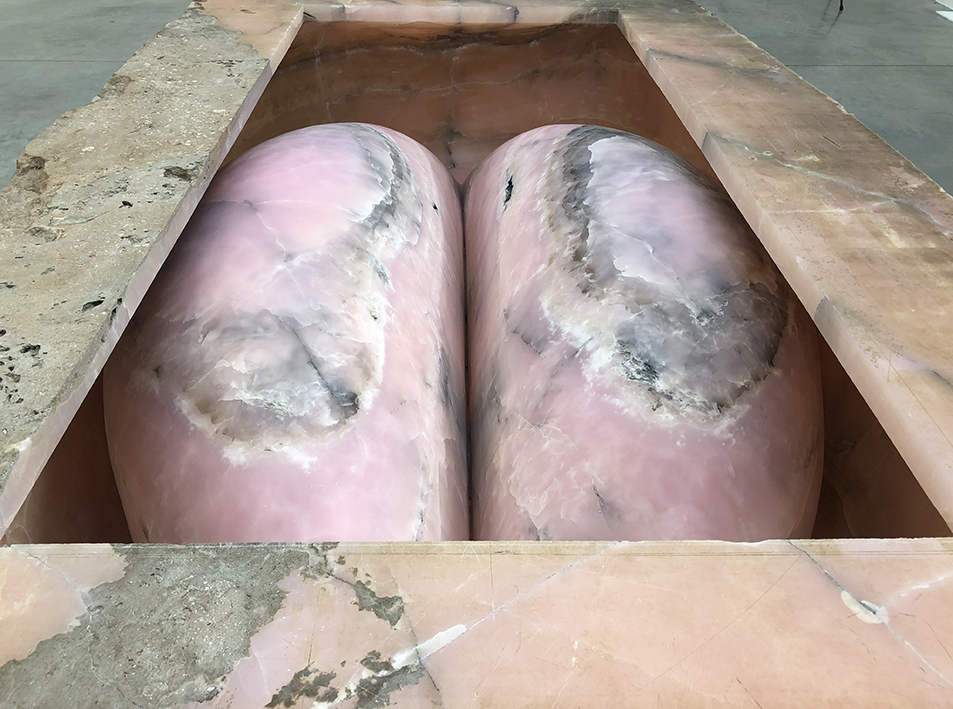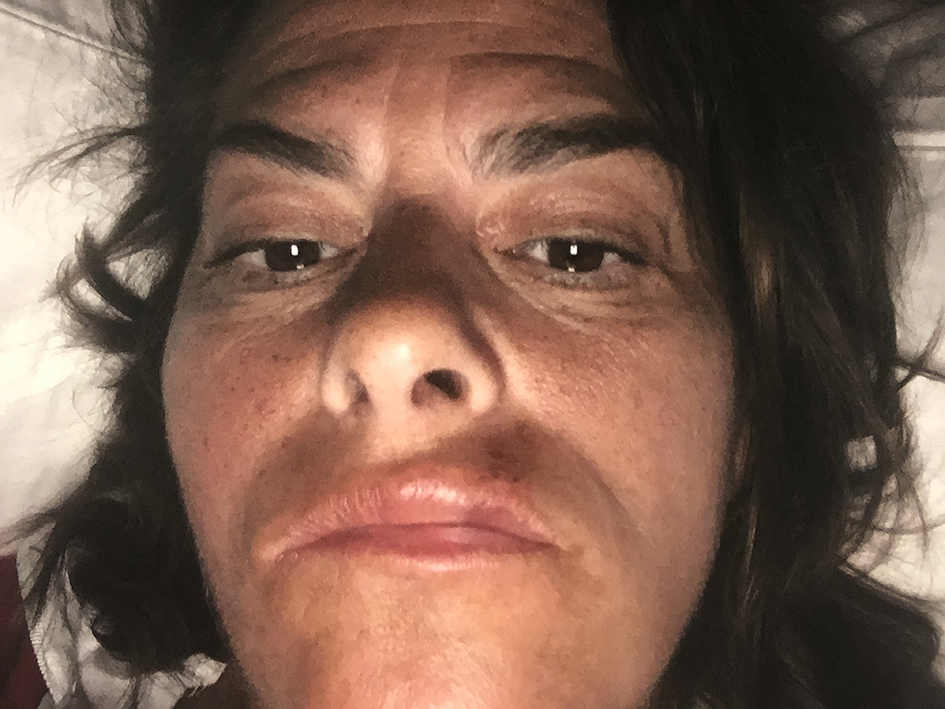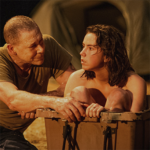
Music Ólafur Arnalds Interview
“Some Kind of Peace and When We Are Born are the first time I’ve let my own personal life be the direct source material of a project,” says Ólafur Arnalds. 200% spoke with the Icelandic composer on making his new album and live performance film during the lockdown period and how putting himself in a vulnerable position felt liberating.
200%: ‘When We Are Born’ explores the themes of rituals, relationships and our inner landscape through music from your recent album, ‘Some Kind of Peace’. You have commented on the album, “What is important for me on this record is the vulnerability of removing the protections of big ideas”. Did you find it scary to put yourself in a vulnerable position as an artist?
Ólafur Arnalds: Yes, I guess there was a reason it took so long for me to finally make an album with my own experiences as the focal point. Even live shows, which are kind of an exercise in intimacy, there is a kind of protective barrier of a concept or an idea around most of the songs. ‘Some Kind of Peace’ and ‘When We Are Born’ are the first time I’ve let my own personal life be the direct source material of a project.
200%: Was it also liberating to put yourself in a vulnerable position?
OA: Yes, the moment of release was just a huge relief. We tend to have our guard up too much in our daily lives. Letting it down and realising it’s not going to kill you is just a liberating feeling.
200%: The artist Tracey Emin once told me at the presentation of a new body of work at her gallery: “I got to be a lot more honest about my work and show more of myself in it.” With your new album and film have you shown more of yourself than you has ever done before?
OA: I would definitely agree with that sentiment. When I was writing the album I was constantly trying to work out how to give my voice to this instrumental music and this resulted in some of the most rewarding creative moments. I would find myself suddenly inspired by a voice-memo on my phone and wanting to use it directly on the album, or including a text I was reading in a moment that was significant in my life. The album slowly became kind of a scrapbook of autobiographical events to write music around.
 200%: Great art addresses the human condition and what it means to feel alive. The spoken lyrics of ‘Undone’ by the late folk singer Lhasa de Sela are an example of this. What made you decide to address the human condition with this album and film as well?
200%: Great art addresses the human condition and what it means to feel alive. The spoken lyrics of ‘Undone’ by the late folk singer Lhasa de Sela are an example of this. What made you decide to address the human condition with this album and film as well?
OA: The film and the album are inseparable to me. The film just helps communicate what the album couldn’t do purely through music. I don’t know, though, if I thought about it in such terms that I was addressing the human condition or what it means to be alive. I just had something in me that I needed to communicate. I had recently changed my whole perspective on life; I was learning to let go of the things I cannot change and focus on what I can change – my own reaction to those things. Things around me seemed to synchronously fall in place, and so did the elements I used on the album like the Lhasa de Sela monologue. This just happened to turn into music because that’s what I do. The music became my reaction.
200%: What lengths did you go for in making ‘When We Are Born’?
OA: The film became a bit of an obsession of mine. We had a lot of challenges but with each one my mission just grew stronger.
It was filmed while most of the world was in lockdown, so every single day of pre-production there was this overarching fear that everything would need to be cancelled. But that also made us look closely at the lack of human touch in the world – people were isolated at home – and say, “We have to remind people of what it’s like”.
This of course wasn’t the only challenge. We went to some lengths to make the film feel real and authentic. A part of that was Vincent’s idea that he aptly named “The Girl” in the script that could really only be performed by my actual partner. So she had to learn how to dance with the Icelandic National Dance Company.
Similarly, it was important to me that the music in the film was played live on set, which is a bit ridiculous logistically, but I needed the music in to feel like you could touch it. After all, this film is all about music. Icelandic weather threatened to ruin a day of shoot but instead only ruined a piano and a couple of cheap violins.
 200%: The film was directed by Vincent Moon, an independent French filmmaker known for his intimate documentaries and capturing live performance of indie bands including Arcade Fire, Bon Iver and The National. What did you learn from working with Vincent?
200%: The film was directed by Vincent Moon, an independent French filmmaker known for his intimate documentaries and capturing live performance of indie bands including Arcade Fire, Bon Iver and The National. What did you learn from working with Vincent?
OA: To go with the flow. There is definitely a creative like-mindedness between us but our approach is quite different. Vincent is all about working spontaneously, figuring things out on the spot, totally guided by his feeling for things. Whereas I try to construct these worlds and ruleset to work within. It took some time for me to learn to just go with it and trust the process.
200%: Could you talk about how the nature of a space enhances your creativity?
OA: There are many ways, but one that I find really interesting to explore is how the space responds to the music I’m creating. Some of this is maybe energetic but it also comes down to just the acoustics of the space. When I compose on a piano I’m playing to the space, the space responds and I need to respond back. This really affects what you end up creating and I’ve especially noticed this in the process of moving studios last year.
 200%: With the release of the album and film, did you find some kind of peace?
200%: With the release of the album and film, did you find some kind of peace?
OA: It was kind of hard with the world going to shit right in front of your eyes. But yeah, I’m at peace with where I am. I’m happy.
Interview conducted by Thierry Somers
Photography: Thor Eliasson
Ólafur Arnalds & Vincent Moon
When We Are Born

